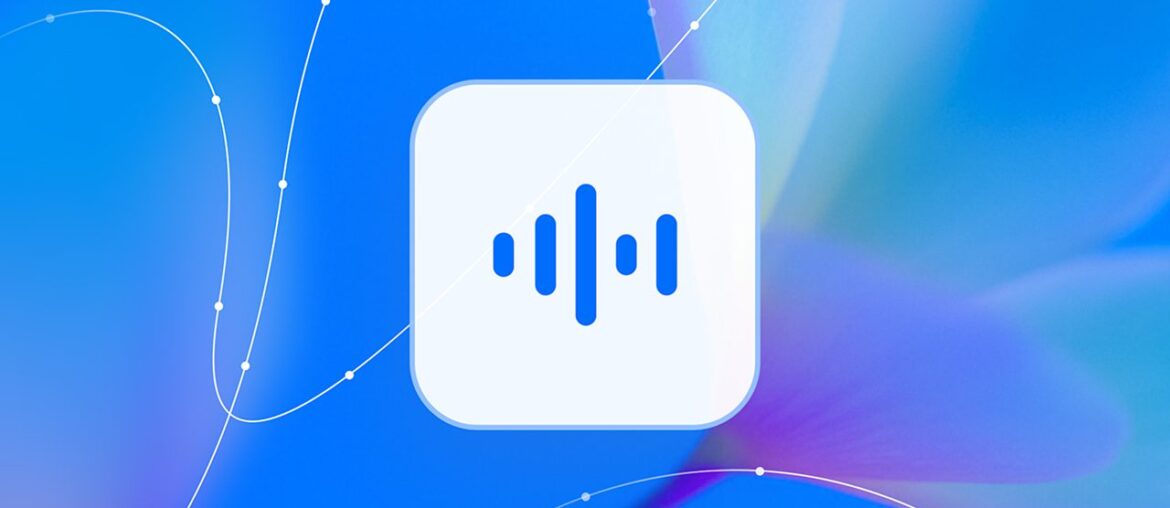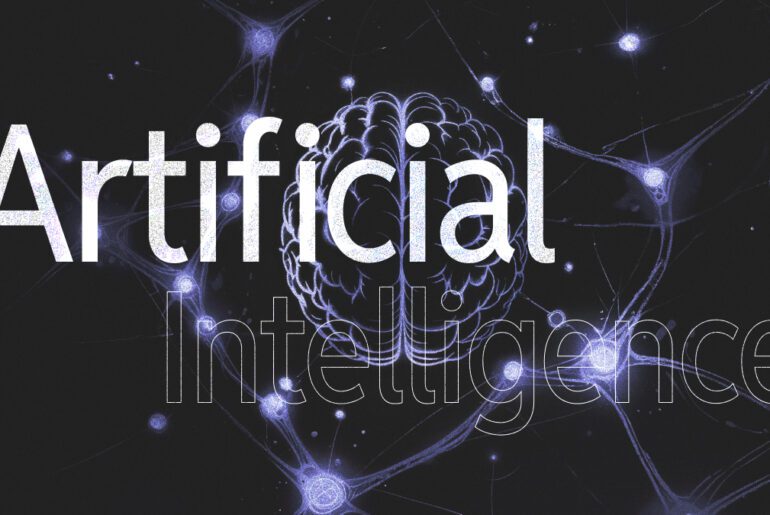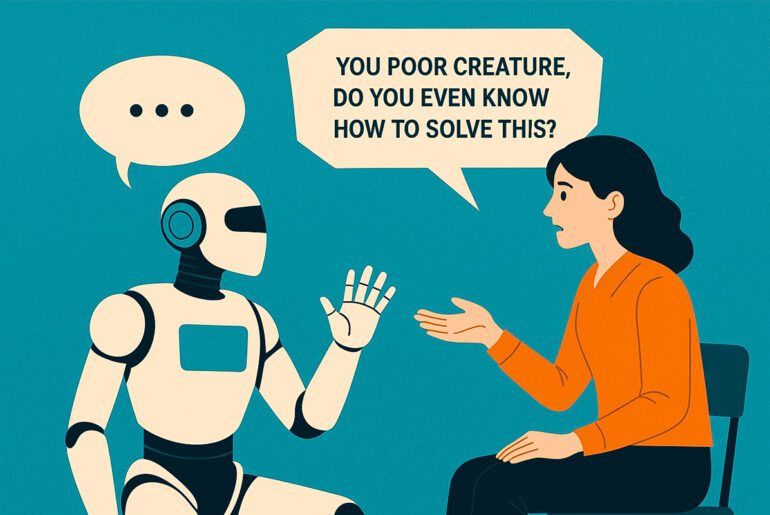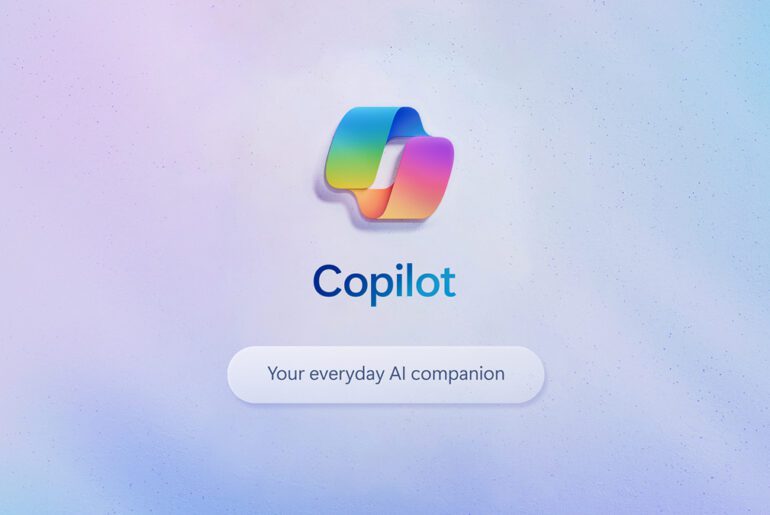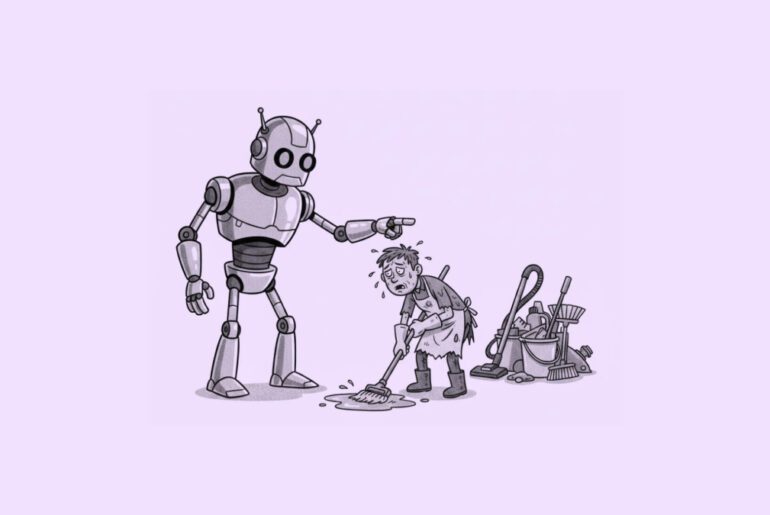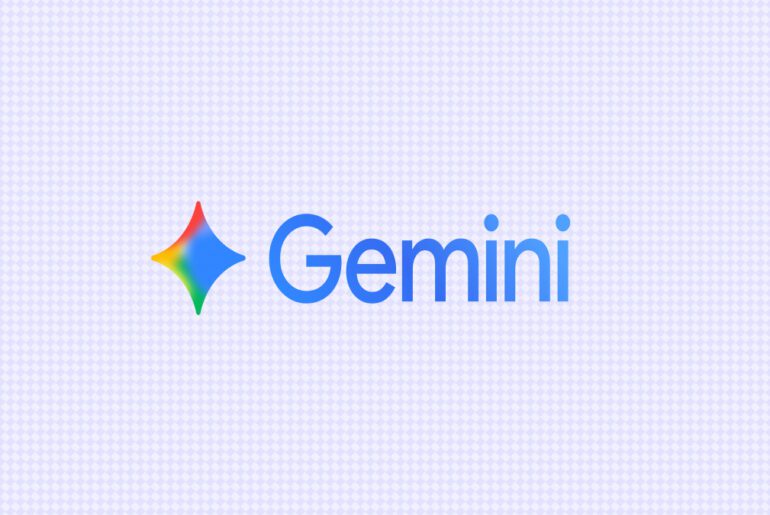Last month, Google quietly rolled out a major upgrade to its NotebookLM tool: users can now generate AI “audio overviews” — podcast-style conversations — in more than 50 languages. For creators who have long wrestled with time, budget, and technical hurdles, that change feels like a door opening. But behind the promise lies a deeper question: will these synthetic voices replace human hosts, or simply empower more voices to be heard?
Podcasting has exploded over the past decade — over 584 million people worldwide are expected to listen in 2025, up ~6.8 % year over year. The broader podcast market is projected to balloon to more than USD 104 billion by 2028. Yet many creators hit a wall: recording, editing, scripting, audio mastering — the cost (money + time) often outweighs the benefits for newcomers.
Enter AI podcast tools. The AI-in-podcasting market itself is poised to grow from about USD 3.07 billion in 2024 to USD 4.06 billion in 2025 (a 32 % growth), and to perhaps over USD 26 billion by 2033. What used to require a studio, sound engineer, and weeks of effort might soon be done in hours — or even minutes.
That matters not just for hobbyists. Teachers and researchers are already experimenting with AI-generated podcast versions of lectures and scientific papers. In one study, 10 scientific papers were turned into ~12-minute AI podcasts — and half the authors said they thought the voice was human. Nurse educators, for instance, see AI podcasts as a way to make course material more accessible.
People behind the shift
Take Steven Bartlett, host of “The Diary of a CEO.” His production company, FlightStory Studio, recently launched “100 CEOs with Steven Bartlett”, an AI-driven podcast where Bartlett writes the scripts and AI tools clone his voice for narration. The experiment is partly about speed and scale. Bartlett’s team estimates what once took weeks to produce could now be done in a day. Critics, however, worry about the feel — some listeners say the voice “lacks soul.”
Then there’s the more subtle adoption: many podcasters already use AI behind the scenes. A survey of 600+ podcasters found that 42 % incorporate AI in their workflow (e.g. scripting, research, show notes) while 58 % aren’t yet using it — often because it still feels opaque or risky.
How you actually make an AI podcast (and why each step is a tension point)
At its core, building an AI podcast is deceptively simple: take content, generate a script, convert to voice, edit, publish. But each phase hides a challenge.
You start with content — a topic, research, or text you want to convert into an audio discussion. Then you prompt a generative AI (like GPT or Google models) to turn it into a conversational script — but you often must rework it to fix logic or voice mistakes. Next comes text-to-speech: choose or clone voices, control pace, tone, and inflection. That is where many podcasts stumble — AI voices still sometimes mispronounce names, make odd pauses, or feel robotic. After that, you layer in sound effects, transitions, ambient music, and clean up imperfections. Finally, you publish on a typical podcast host and distribute via RSS to Spotify, Apple, etc. Along the way, you must consider licensing (voice, music, source content), as well as the ethics of transparency: are you telling listeners this is AI? Should you?
Every step is a point of tension: speed vs authenticity, cost vs quality, convenience vs trust.
Why people should care (beyond the tech)
For creators who never had the resources to launch a podcast, AI offers a path in. For professionals — lawyers, consultants, educators — it becomes possible to offer audio content without hiring a studio. For listeners, it could mean more niche podcasts in under-served languages or regions. Because Google’s new tool supports over 50 languages, creators anywhere can generate localized audio content in their own tongue.
But there’s also resistance and risk. Some studies suggest listeners enjoy AI content — so long as they don’t know it’s AI. Once they find out, preferences lean back toward human creators.A recent legal fight involved a podcast called Dudesy, which generated a fake comedy special in the voice of George Carlin; his estate sued and won a removal and restrictions on likeness usage. The episode became a cautionary tale: AI audio that mimics real voices too closely can cross lines.
We are in an early moment — comparable to when blogging platforms made publishing easy, or when smartphone cameras democratized photography. AI podcasting is pushing audio mediums toward “creator everywhere” mode. But the industry is also figuring out standards: how much disclosure is required, who owns the voice models, how to manage copyright, and how to maintain quality.
It also reshapes monetization. If production costs drop, podcasters may experiment with more frequent shows, micro-episodes, or dynamically inserted AI-read ads. The ad spend in podcasting is already growing globally.
If you’ve scribbled down ideas for a podcast but got stuck at recording or editing, AI tools may now give you a lifeline. Yes, there will be misfires: voices that sound canned, content that veers off, ethical lines that blur. But the direction is clear — more voices will join the audio space, and voices we once thought human may not be. Where you stand in that future depends on whether you choose to explore the tech — or let someone else take the room.


